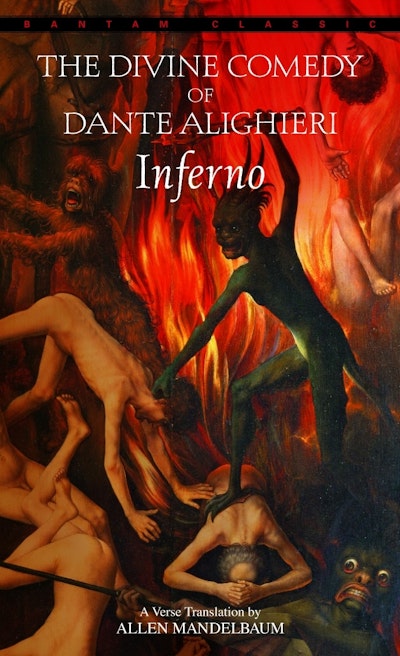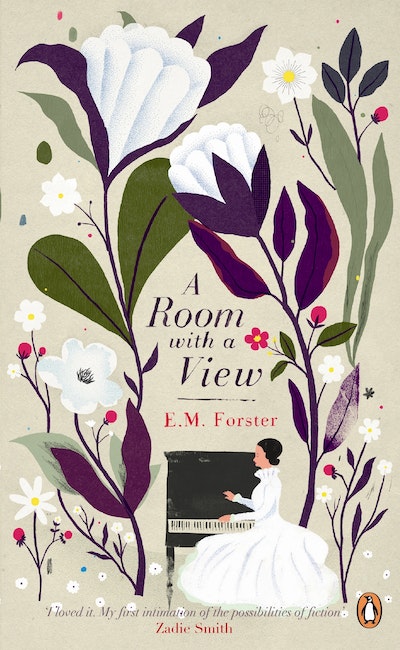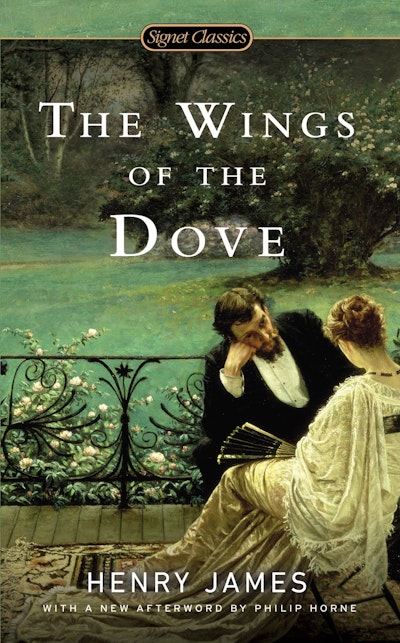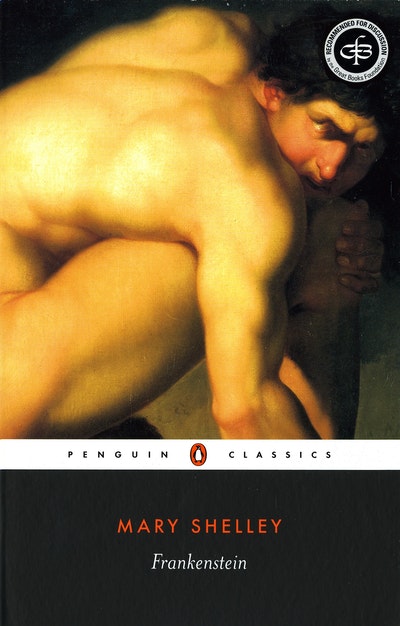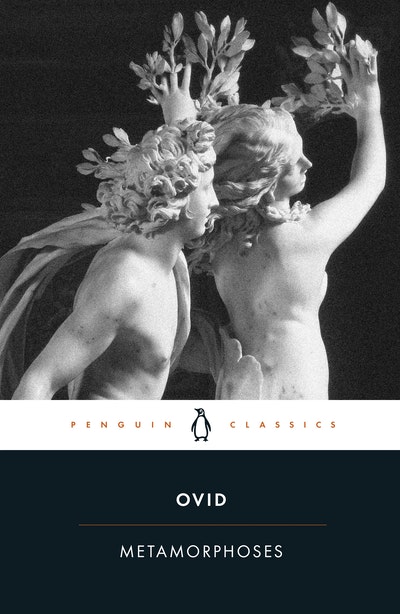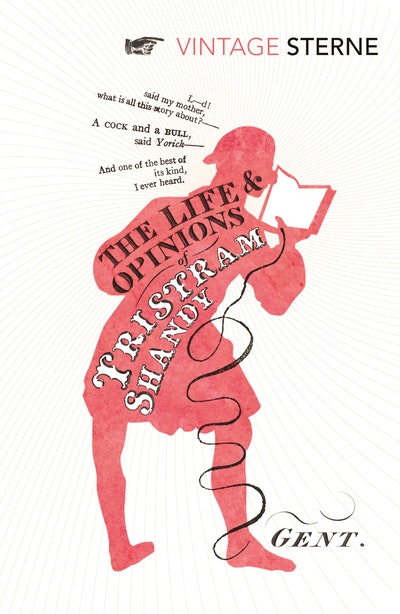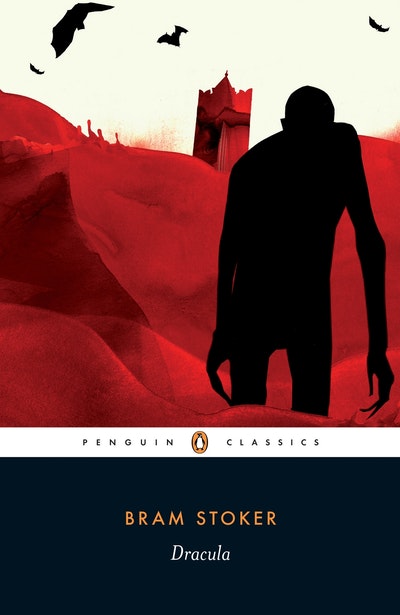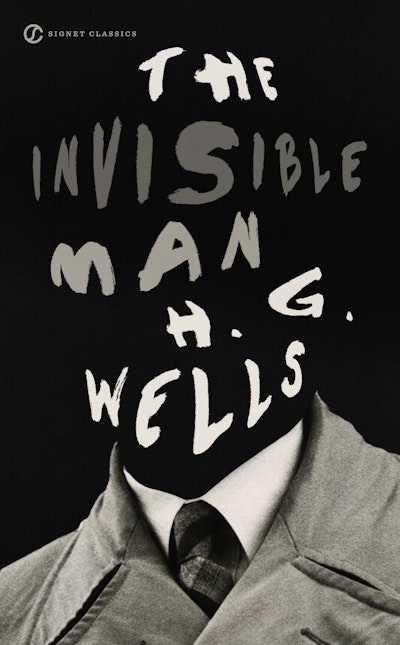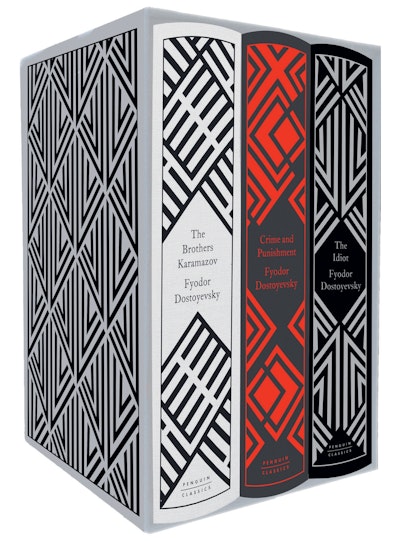- Published: 12 May 2008
- ISBN: 9780141441412
- Imprint: Penguin Classics
- Format: Paperback
- Pages: 880
- RRP: $28.00
Demons
A major new translation of one of Dostoyevsky's four great novels
Pyotr and Stavrogin are the leaders of a Russian revolutionary cell. Their aim is to overthrow the Tsar, destroy society and seize power for themselves. Together they train terrorists who are willing to go to any lengths to achieve their goals – even if the mission means suicide. But when it seems the group is about to be discovered, will their recruits be willing to kill one of their own circle in order to cover their tracks? Partly based on the real-life case of a student murdered by his fellow revolutionaries, Dostoyevsky’s sprawling novel is a powerful and prophetic, yet lively and often comic depiction of nineteenth-century Russia, and a savage indictment of the madness and self-destruction of those who use violence to serve their beliefs
- Published: 12 May 2008
- ISBN: 9780141441412
- Imprint: Penguin Classics
- Format: Paperback
- Pages: 880
- RRP: $28.00
Other books in the series
About the author
Fyodor Mikhailovich Dostoyevsky was born in Moscow in 1821. His debut, the epistolary novella Poor Folk (1846), made his name. In 1849 he was arrested for involvement with the politically subversive 'Petrashevsky circle' and until 1854 he lived in a convict prison in Omsk, Siberia. From this experience came The House of the Dead (1860-2). In 1860 he began the journal Vremya (Time). Already married, he fell in love with one of his contributors, Appollinaria Suslova, eighteen years his junior, and developed a ruinous passion for roulette. After the death of his first wife, Maria, in 1864, Dostoyevsky completed Notes from Underground and began work towards Crime and Punishment (1866). The major novels of his late period are The Idiot (1868), Demons (1871-2) and The Brothers Karamazov (1879-80). He died in 1881.



















